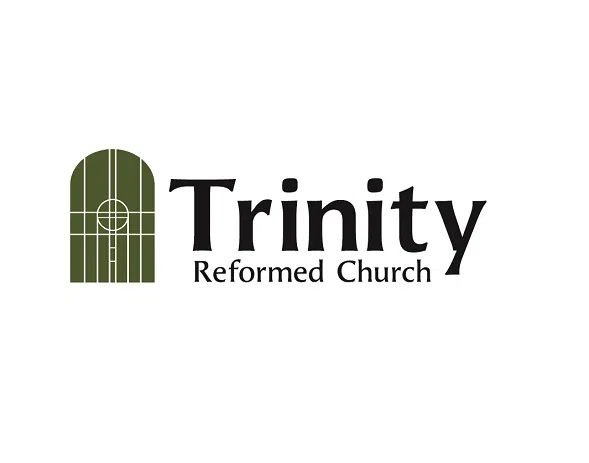By Lawrence Hurley and Andrew Chung
WASHINGTON (Reuters) -The U.S. Supreme Court on Friday allowed abortion providers to pursue a legal challenge to a ban on most abortions in Texas, with the fate of the Republican-backed measure that allows private citizens to enforce it now hanging in the balance.
The justices, who heard arguments on the case on Nov. 1, lifted a block on lower court proceedings, likely paving the way for a federal judge to formally block the law. The conservative-majority court on Sept. 1 had declined to halt the law. The court in a separate case dismissed a separate challenge brought by President Joe Biden’s administration.
The Supreme Court has yet to decide another major abortion rights case from Mississippi that could lead to the overturning of the landmark 1973 Roe v. Wade ruling that legalized the procedure nationwide.
The court in the Texas case ruled 8-1 that the challenge was allowed under a 1908 Supreme Court ruling that said state laws can be challenged in federal court by suing state government officials. Texas had sought to exploit a loophole in that earlier ruling by saying no state officials could enforce it, but the Supreme Court said the challengers could pursue their case by naming state licensing officials as defendants.
Conservative Justice Clarence Thomas dissented on that part of the ruling, saying he would have dismissed the lawsuit altogether.
The Texas law enables private citizens to sue anyone who performs or assists a woman in getting an abortion after cardiac activity is detected in the embryo. That feature made it more difficult to directly sue the state. Individual citizens can be awarded a minimum of $10,000 for bringing successful lawsuits under the law. Biden’s administration has called it a “bounty.”
(Reporting by Lawrence Hurley; Editing by Will Dunham)






